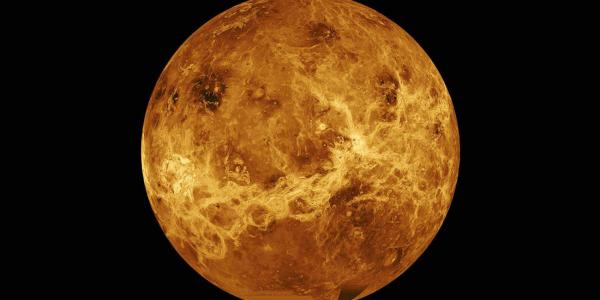Venusian Habitable Climate Scenarios: Modeling Venus through Time and Applications to Slowly Rotating Venus-Like Exoplanets
Despite the differences in the current atmospheres and surface temperatures of Venus and Earth, they likely have similar bulk compositions, making comparison between them extremely valuable for illuminating their distinct climate histories. We use presently available data on Venus alongside knowledge about Earth's climate history to make a number of exciting claims. Evaluating several snapshots in time over the past 4+ billion years, we show that Venus could have sustained liquid water and moderate temperatures for most of this period. Cloud feedbacks from a slowly rotating world with surface liquid water reservoirs were the keys to keeping the planet clement. Contrast this with its current surface temperature of 450 C and an atmosphere dominated by carbon dioxide and nitrogen. Our results demonstrate that it was not the gradual warming of the sun over the eons that contributed to Venus’ present hot-house state! Rather we speculate that large igneous provinces and the global resurfacing hundreds of millions of years ago played key roles in ending the clement period in its history, evaporating its oceans and absorbing any remaining oxygen from H2O photodissociation. Details can be found in our recently accepted paper.
Speaker biography
Mike Way is a physical scientist at the NASA Goddard Institute for Space Studies in New York City, and a sometimes visiting professor in the Department of Physics and Astronomy at Uppsala University in Sweden. He was awarded his physics PhD in observational cosmology in 1998 from UM St. Louis, and has also worked in machine learning, the history of astronomy, and in recent years the modeling of planetary atmospheres using a three dimensional general circulation model known as ROCKE-3D. His most recently published work attempts to reconstruct Venus' climate history over its 4.5 billion year lifespan. See this recent piece in Scientific American. Mike also enjoys road biking, reading, MotoGP, and spending time with his family.
By joining department-hosted virtual colloquia, you agree to uphold our code of conduct for Zoom sessions.

